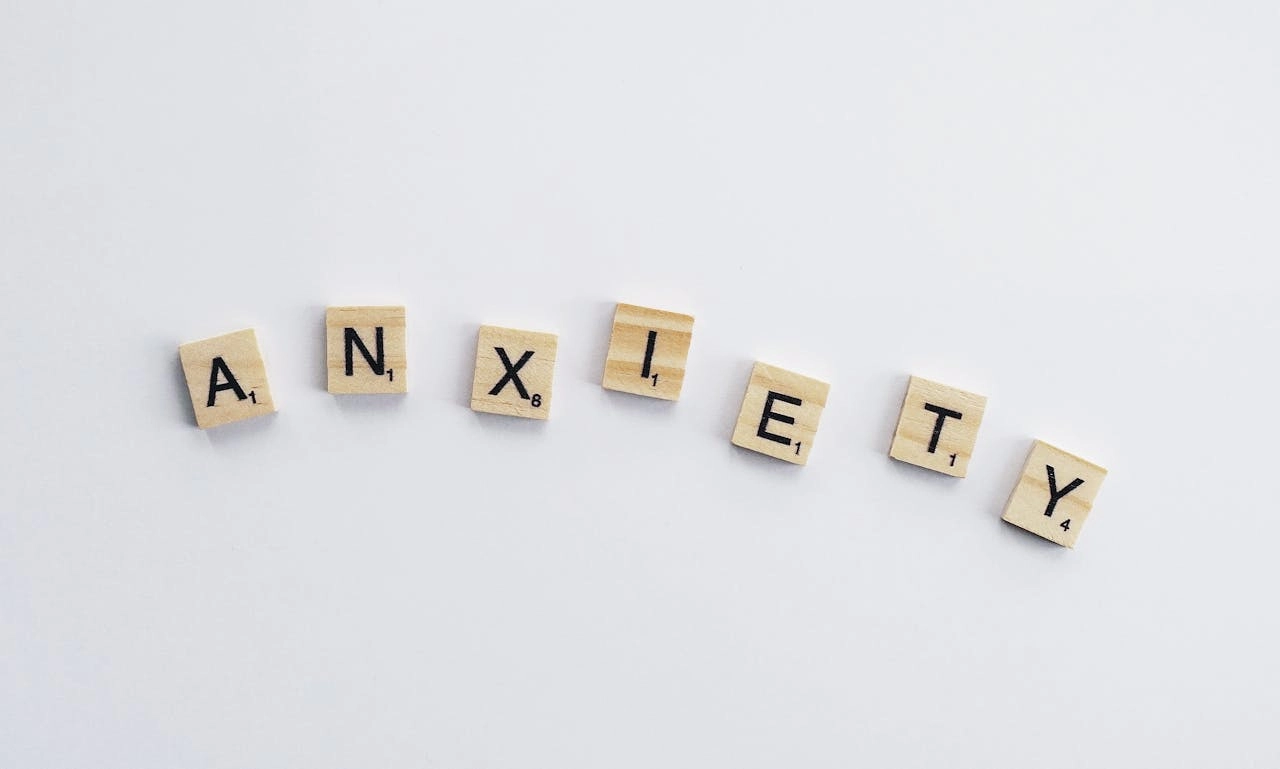Ever found yourself tongue-tied at a party, heart racing, palms sweaty, feeling like everyone’s eyes are on you? You’re not alone. Social anxiety can turn even the most casual get-togethers into nerve-wracking ordeals. But here’s the good news: with a few effective techniques and strategies, you can start overcoming social anxiety and feeling more at ease in social situations.
Overcoming Social Anxiety
Table of Contents
Understanding Social Anxiety
Social anxiety is more than just feeling shy or nervous. It’s a fear of being judged or embarrassed in front of others. You might blush, sweat, or find it hard to speak. Imagine a kid at their first big school presentation – that’s what it can feel like, every time.
Techniques to Reduce Social Anxiety
Mindfulness and Meditation
Mindfulness is about staying present and fully engaging with the current moment. Picture yourself sipping a hot cup of tea, feeling the warmth, and focusing on the taste. That’s mindfulness in action. Try a simple meditation: sit quietly, close your eyes, and focus on your breathing for five minutes. It can work wonders!
Breathing Exercises
When anxiety strikes, our breathing often becomes shallow. Try this: inhale deeply through your nose for four seconds, hold for seven, and exhale slowly through your mouth for eight. It’s like hitting the reset button on your stress levels.
Cognitive Behavioral Techniques
Cognitive Behavioral Therapy (CBT) helps you challenge negative thoughts. Suppose you’re dreading a party because you think, “Everyone will think I’m boring.” Flip it around: “Some people might find me interesting.” Try keeping a journal to track and counteract these thoughts.
Fast Ways to Improve Social Skills at Home
Want to get better at socializing without leaving your house? Check out our post on Fast ways to improve social skills at home. It’s packed with practical tips you can practice in the comfort of your living room.
Strategies for Social Situations
Preparation and Planning
Going to an event? Do a little homework. Think about who will be there and what you might talk about. Like prepping for a big game, a little strategy can boost your confidence.
Small Talk Tips
Small talk doesn’t have to be awkward. Start with open-ended questions like, “What’s the best thing that happened to you this week?” Keep it light and fun. Imagine you’re on a treasure hunt for interesting stories.
you can check our guide on What are Some Good Small Talk Questions When Meeting a New Client
Body Language
Your body speaks volumes. Stand tall, maintain eye contact, and smile. Think of it as your own personal charisma boost. It can make you feel and appear more confident.
Overcoming Social Anxiety Most Asked Questions
Can social anxiety be cured?
While there’s no one-size-fits-all cure for social anxiety, many people can significantly reduce their symptoms with therapy, medication, and self-help techniques. It’s about managing and coping effectively rather than completely eliminating anxiety. With consistent effort, many find they can lead fulfilling social lives.
Why am I so socially anxious?
Social anxiety often stems from a mix of genetic, environmental, and psychological factors. It might be rooted in past negative social experiences or a tendency to overthink and fear judgment. Sometimes, it runs in families, suggesting a possible genetic predisposition.
What is the root cause of social anxiety?
The root cause of social anxiety can vary but often includes a combination of genetic factors, brain chemistry, and life experiences. Traumatic or embarrassing social situations in the past can play a big role. Additionally, an inherent tendency to fear negative evaluation can contribute.
What exercises are good for social anxiety?
Breathing exercises, such as deep diaphragmatic breathing, can help calm immediate anxiety. Mindfulness meditation is excellent for reducing overall stress and increasing present-moment awareness. Cognitive-behavioral exercises, like challenging negative thoughts, are also very effective in managing social anxiety.
Check our Article on Customer Service Excellence: Key Skills, Qualities, and Strategies for Success
Conclusion
Overcoming Social anxiety can be a tough nut to crack, but with these techniques and strategies, you’re well on your way to feeling more comfortable in social situations. Remember, practice makes perfect. So, take a deep breath, put on your game face, and get out there. After all, every conversation is a new adventure waiting to happen.





